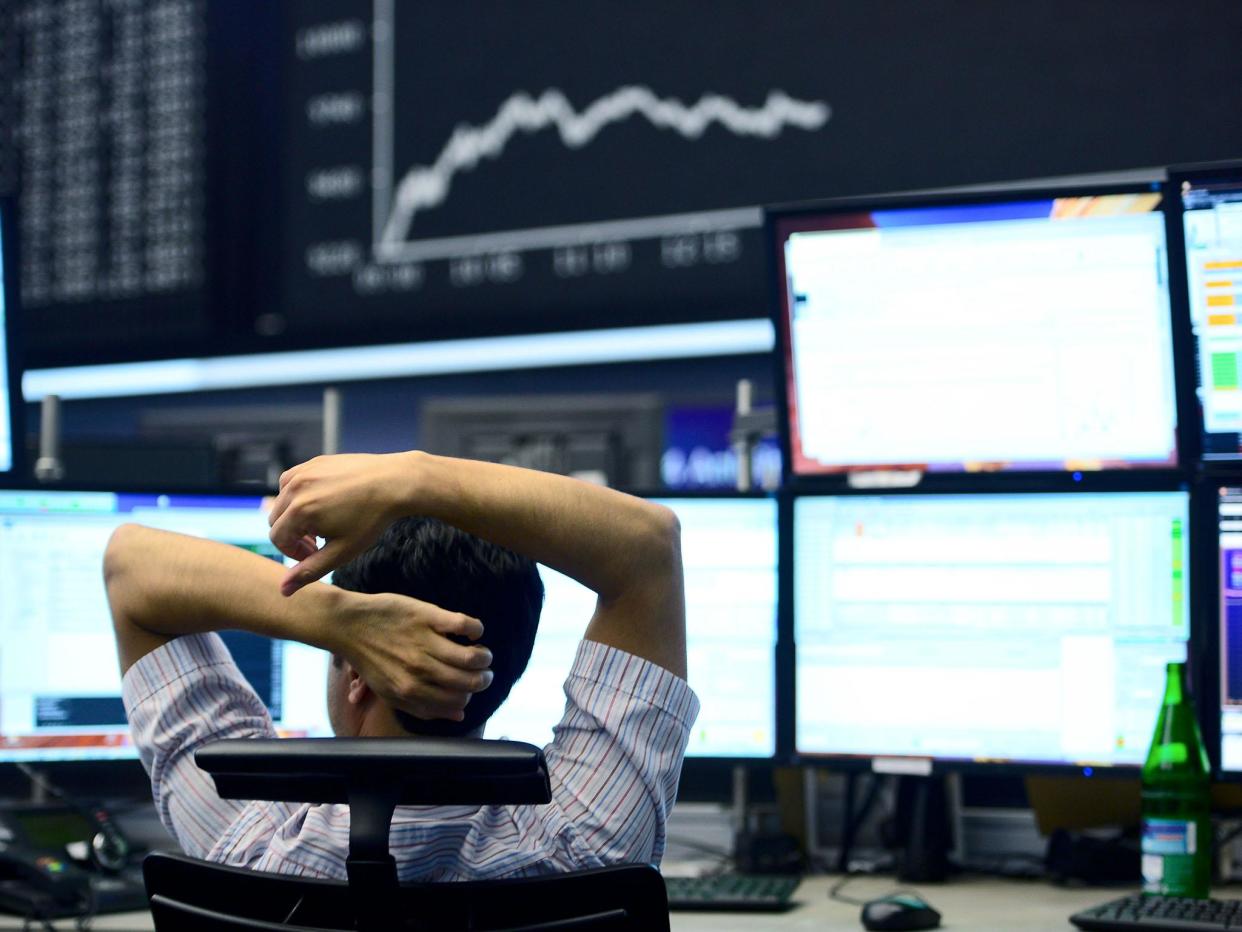Theresa May and Mark Carney urged by leading City executives to halt London Stock Exchange merger

More than three dozen well-known financiers, executives and other City figures have asked Theresa May and Bank of England Governor Mark Carney to delay the planned merger of the London Stock Exchange with Deutsche Börse, saying that a tie-up would be destabilising during Brexit negotiations.
In a letter to The Times published on Friday Lord Lawson of Blaby, the former chancellor, Andrew Beeson, the former chairman of asset management company Schroders, and Lord Flight, the chairman of Flight and Partners and former deputy chairman of the Tory party, insist that the planned £24bn merger is “a risk that the government should recognise, evaluate — and not take now”.
Among the 40 signatories of the letter are Peter Cruddas, chief executive of CMC Markets and former Tory treasurer, Edmund Truell, chairman of Disruptive Capital, and John Mills, chairman of JML Group.
“We believe it is in the national and international interest that the decision should be delayed until after Brexit negotiations have succeeded, or not, in April 2019. To do otherwise at a time of uncertainty creates more instability,” they write, according to The Times.
London Stock Exchange shareholders in July last year approved the company's merger with the operator of the Frankfurt stock exchange.
The merger, first announced last February, is expected to create a European powerhouse in trading stocks, bonds and other financial instruments to rival exchanges of similar size in Asia and the US.
The agreement came 16 years after the pair first attempted a tie-up and will bring together LSE's strength in share trading with Deutsche's Eurex derivatives trading arm in what they have called a "highly complementary combination".


